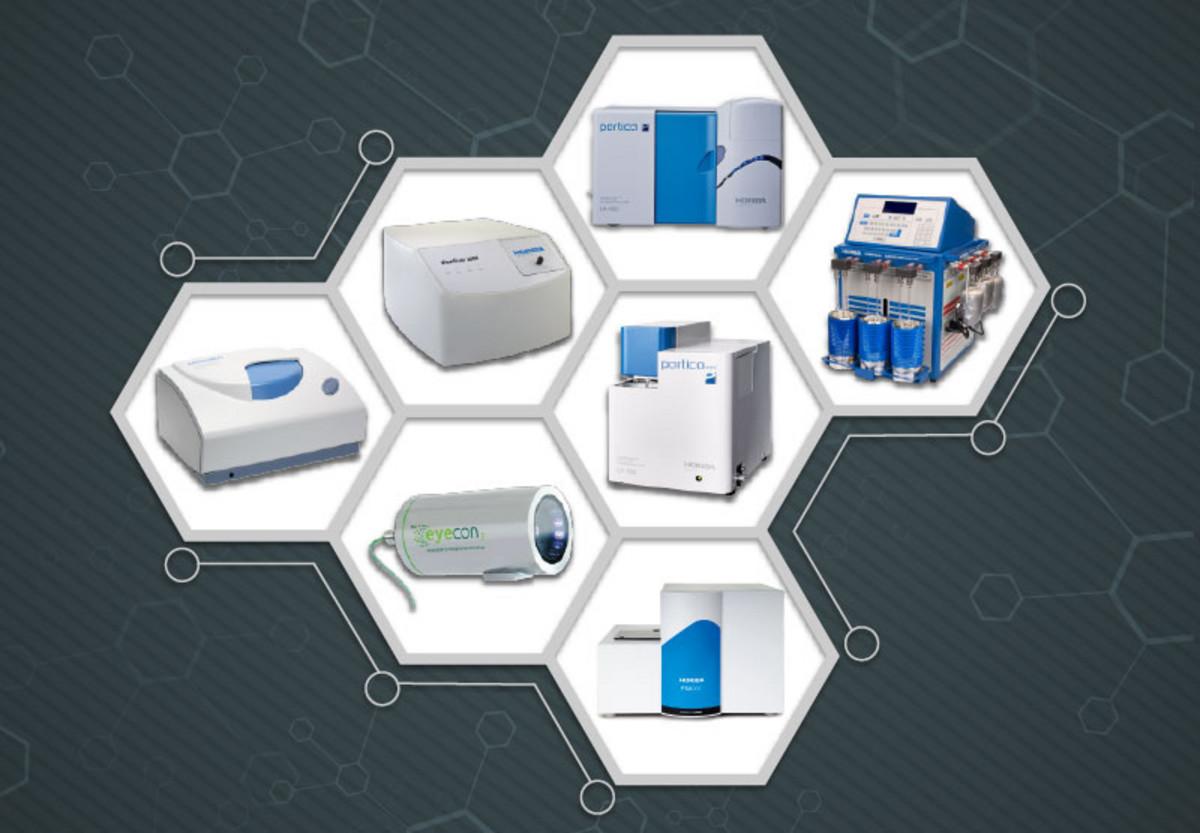
HORIBA Scientific 副总裁 Dr. Michael Pohl,将会分享粒度表征中的一些常见分析方法,同时对表征过程中的常见问题进行答疑。
第二部分将介绍选择激光衍射进行粒度分析时的基本注意事项。同时您将了解激光衍射为什么会成为现代化的表征技术。此外通过一些简短的视频我们将向您展示湿法和干法的案例研究。
DLS(动态光散射)是一种快速、准确分析纳米粒子和大分子(如蛋白质和聚合物)的方法。本次网络研讨会中,Jeff Bodycomb 博士将会对该技术进行讲解,同时对该方法的开发、应用结果和数据分析方法进行分享。
(Fluorescence Spectroscopy + laser diffraction techniques)
Cannabidiol (CBD) is used in a variety of commercial products, from dietary supplements, to food and beverages and cosmetics. Potency, particle size, and stability all play an important role in the quality control, regulation, and efficacy of CBD/Hemp emulsions.
In recognition of the need for standards and regulation of this rapidly growing market, US lawmakers have drafted the CBD Product Safety and Standardization Act of 2021 that would set standards for hemp-derived CBD in food, and direct FDA to issue regulations for labeling and packaging requirements, as well as conditions of use. This bill, coupled with draft legislation controlling CBD in dietary supplements, will provide the framework to define future testing requirements.
In this webinar, we describe current guidance from FDA, and describe novel, cost effective approaches from HORIBA that address several testing needs of emulsions. We specifically target these challenging samples, as standard chromatography methods are often inadequate in capturing the necessary parameters that determine product quality – specifically potency and emulsion particle size range.
For potency determination, we present a fast and accurate approach using the A-TEEM method on HORIBA’s Aqualog spectrometer. We will also illustrate how emulsion particle size impacts sample stability and efficacy, using the HORIBA LA-960V2 laser diffraction particle size analyzer. These systems provide rapid and effective information that will be important within the future regulatory framework for CBD products.
(Raman Spectroscopy + Particle Characterization)
Battery electrodes (both anode and cathode) present an array of analysis challenges. Starting with raw materials, the particle size distribution will have an effect on finished product performance. And evaluation of changes in anodes and cathodes along with evaluation of separator materials is critical to understanding and optimizing performance. In this webinar, Drs. Jeff Bodycomb and Sergey Mamedov talk about particle analysis and spectroscopic techniques (Raman and XRF) for evaluating these important components that power 21st century technology. They describe a range of techniques and give examples of their practical application.
Topics covered include:
(Fluorescence Spectroscopy + Multi-laser Nanoparticle Tracking Analysis Technique)
Vaccine development is quite challenging, with products consisting of multiple components at very low concentrations. There is a need for robust and rapid analytical tools throughout the product lifecycle: from formulation development with a focus on creating drug products with increased efficacy and stability, to manufacturing where final product needs to be screened for potency and purity. To meet recent surge in demand, we must think outside the box from traditional analytical methods.
Join our webinar to hear experts in the field, Dr. Kevin Dahl of Particlese LLC and Dr. Linda Kidder of HORIBA Scientific provide tips and alternative solutions for better vaccine development and quality. They will discuss the application of multi-laser nanoparticle analysis (NTA) in determining vaccine degradation and total particle count. They will also present a new analytical approach, fluorescence A-TEEM (Absorbance - Transmittance Excitation Emission Matrix) method for rapid screening of similar but different vaccine final formulations.
What will the audience learn?
• Analytical tips from a former Analytical Director at a CDO.
• Why measuring virus aggregation and complex formation is important and how multi-laser NTA plays a part in this process.
• How the A-TEEM method works by combining UV/Vis and Fluorescence EEMs spectroscopy to detect very low concentration components in complex mixtures.
激光粒度分析仪
激光粒度分析仪
纳米颗粒追踪分析仪
纳米粒度及Zeta电位分析仪
离心式粒度分析仪
比表面积分析仪
如您有任何疑问,请在此留下详细需求信息,我们将竭诚为您服务。
